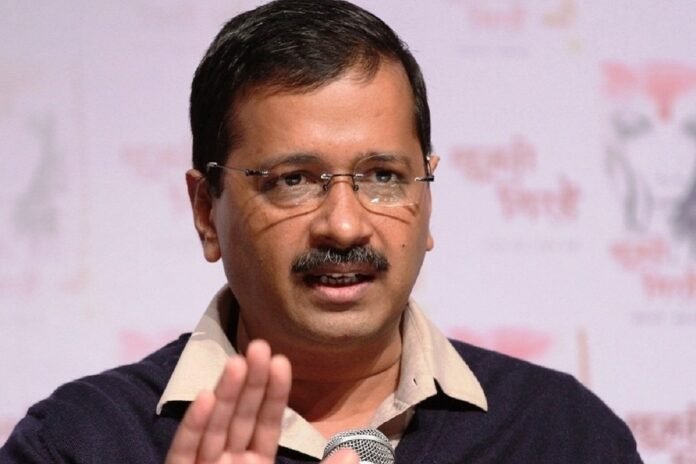The Enforcement Directorate (ED) has dropped a bombshell revelation before the Supreme Court, alleging widespread destruction of evidence in the case related to the arrest of Arvind Kejriwal, the Chief Minister of Delhi. The startling disclosure has reignited debates surrounding the politicization of law enforcement agencies and the integrity of criminal investigations in India.
The ED’s revelation comes amidst a protracted legal battle surrounding the arrest and subsequent detention of Arvind Kejriwal, a prominent political figure known for his anti-corruption crusades and vocal criticism of the establishment. Kejriwal’s arrest, which occurred in the context of a high-profile corruption probe, sparked controversy and accusations of political vendetta, with his supporters decrying what they perceive as an attempt to silence dissent.
The ED’s latest revelation adds a new dimension to the already convoluted case, shedding light on alleged attempts to obstruct justice and subvert the legal process. According to the ED’s submission before the Supreme Court, crucial pieces of evidence crucial to the investigation have been systematically destroyed or tampered with, raising serious questions about the integrity and impartiality of the probe.
The implications of the ED’s revelation are far-reaching, not only for the specific case involving Arvind Kejriwal but also for the broader landscape of law enforcement and accountability in India. The destruction of evidence, if proven, constitutes a grave violation of legal norms and undermines the foundations of justice and due process. Moreover, it erodes public confidence in the efficacy and fairness of law enforcement agencies, fueling perceptions of institutional bias and political manipulation.
Critics of the government have seized upon the ED’s revelation as evidence of a concerted campaign to target dissenting voices and suppress opposition figures through the misuse of state machinery. They argue that the destruction of evidence not only jeopardizes the integrity of the investigation but also raises fundamental questions about the rule of law and the separation of powers in a democratic society.
Conversely, supporters of the government contend that the allegations of evidence destruction are speculative and politically motivated, aimed at tarnishing the image of the ruling dispensation and obstructing legitimate efforts to combat corruption and malfeasance. They emphasize the need for a thorough and impartial inquiry into the matter to ascertain the truth and uphold the principles of justice and accountability.
The controversy surrounding the ED’s revelation underscores broader concerns about the politicization of law enforcement agencies and their susceptibility to external influence. In India’s highly polarized political environment, law enforcement agencies often find themselves caught in the crossfire of partisan battles, with their credibility and independence called into question.
Addressing these challenges requires a concerted effort to insulate law enforcement agencies from political interference and ensure their autonomy and impartiality. It also necessitates the establishment of robust mechanisms for oversight and accountability to prevent abuses of power and uphold the rule of law.
As the legal proceedings in the case involving Arvind Kejriwal unfold, the role of the judiciary assumes paramount importance in safeguarding the integrity of the investigative process and ensuring that justice is served. The Supreme Court’s oversight and scrutiny of the ED’s revelations will be crucial in determining the course of the case and upholding the principles of transparency and fairness.
In a nutshell, the ED’s bombshell revelation before the Supreme Court regarding the destruction of evidence in the case involving Arvind Kejriwal’s arrest has sent shockwaves through India’s political and legal circles. The allegations of evidence tampering raise serious concerns about the integrity of law enforcement agencies and the sanctity of criminal investigations. As the case unfolds, it will test the resilience of India’s democratic institutions and their ability to uphold the principles of justice and accountability in the face of formidable challenges.

